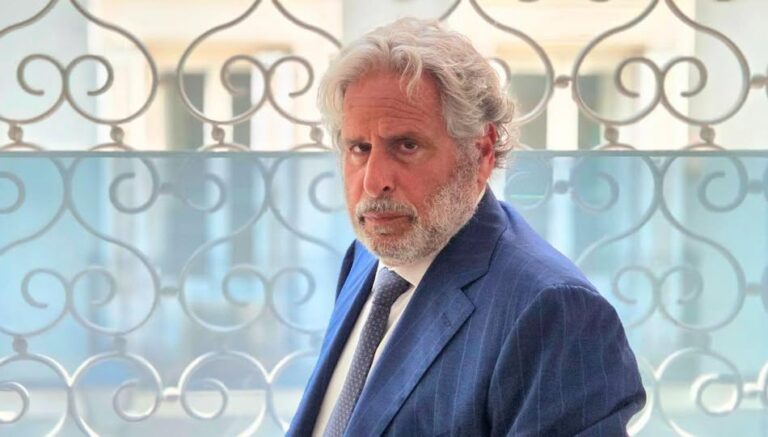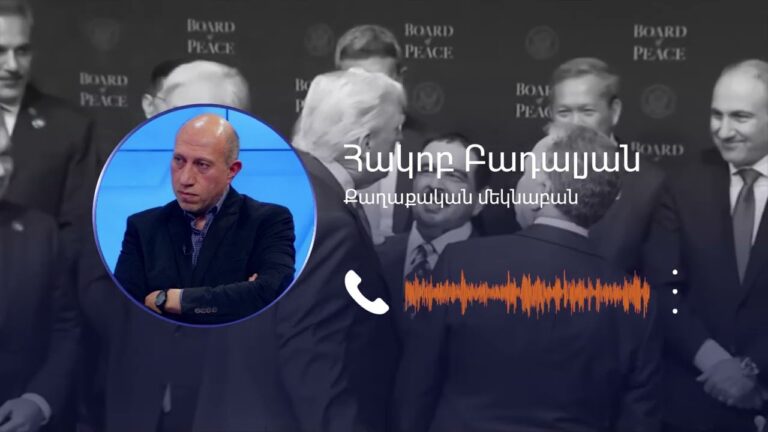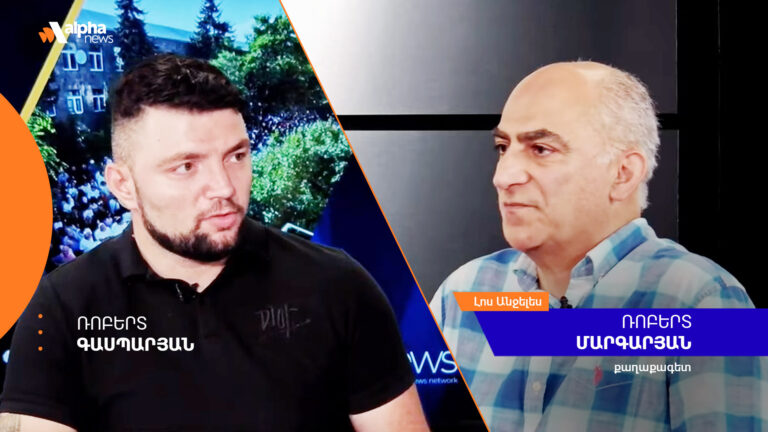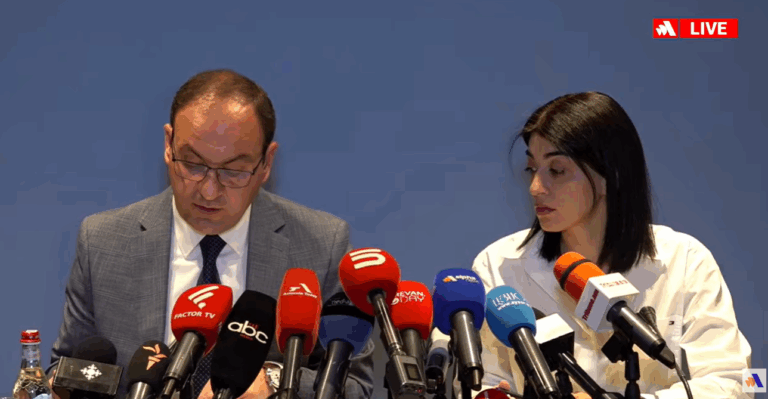Pashinyan is very convenient character for Baku and Ankara to exploit while opportunity exists — Boris Rozhin
Speaking with Alpha News, Boris Rozhin, an expert at Russia’s Center for Military and Political Journalism, commented on the negotiation process between Baku and Yerevan, the prospects for Armenia’s European integration, and the possibility of early presidential elections in Turkey. According to the expert, Azerbaijan can easily blackmail Yerevan into making concessions by threatening a direct military attack.
“The confidence that a direct war will not start stems from the series of concessions that Pashinyan has already made to Azerbaijan and intends to continue making on various issues. This concerns the demarcation of Armenia’s state border, ideological issues related to the Armenian Genocide in the Ottoman Empire—where positions are also being surrendered—and several other issues where similar concessions are being made. Naturally, it is beneficial for Azerbaijan to receive these concessions, which come at no cost and are achieved without war. By threatening a direct military attack, Azerbaijan can easily blackmail Yerevan into making further concessions.
Given the ongoing regional transformation, the threat of war for Baku is stronger than the implementation itself. That is, why embark on another direct military adventure when you can achieve what you want through threats? The desired outcome includes a demarcation of the state border favorable to Azerbaijan, a corridor connecting Nakhichevan to Azerbaijan’s main territory through Armenia, and, considering Turkish interests, Turkey’s access to the Caspian Sea via this corridor. Naturally, pressure on Yerevan in this regard will persist, as Pashinyan remains a convenient figure for Baku and Ankara to exploit while the opportunity exists,” Rozhin said.
According to the political scientist, no one is clearly going to accept Armenia into the European Union; this is simply a way to create tension in the South Caucasus for Russia.
“This approach risks worsening Armenia’s standard of living. We must simply understand that if Armenia were to join the EU—a highly unlikely scenario—it would become part of a military-political bloc hostile to Russia, with all the associated consequences. The EU is a military-political bloc hostile to Russia. If Armenia were to join such a bloc, it could no longer participate in the EAEU or similar structures. But the problem is that no one in the EU is even particularly inviting Armenia. This strategy is merely a means to create tension for Russia in the Transcaucasus. Armenia is being used in the same way as Moldova and the Baltic states. For the European Union, Armenia is simply a tool for anti-Russian policy, at least under the current political leadership in Yerevan,” Rozhin noted.
Touching upon the domestic political situation in Turkey, the expert noted that Erdogan will use the tactic of exhausting the protests before preparing for the next elections.
“In the current context, early elections are not advantageous for Erdogan because now his rating has really dropped noticeably, despite the stability and control of the state apparatus. Nevertheless, the protests have clearly exceeded the expected figures; they did not expect the protests to be so comprehensive. Erdogan will most likely choose the tactic of exhausting the protests before preparing for the next elections, that is, by revising the state strategy. Erdogan has experience in how to defeat part of his political opposition and force the rest to go to the elections in a weakened state. This has already been done in Turkey more than once, and he may follow this path again,” Rozhin concluded.







